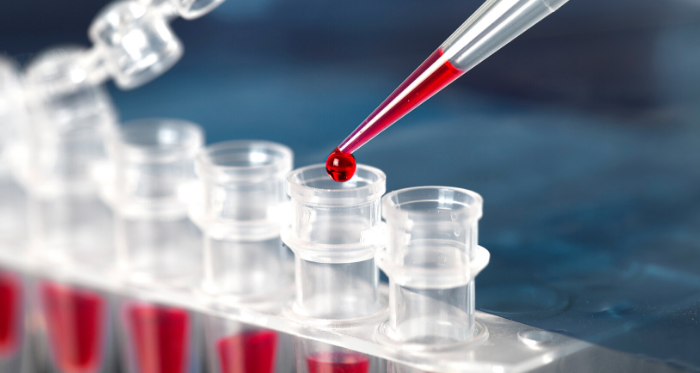
11-05-2020
The coming five years, DCCC Danish Research Centre for circulating tumor DNA guided treatment will pave the way for the introduction of ground-breaking methods for diagnosing and determining treatment and follow up strategies for cancer patients by ctDNA analysis. The aim is to identify and document the promising clinical advantages of the methods that could set new standards for cancer treatment.
The objective is to form an effective frame for optimal introduction of evidence based use of circulating tumor DNA in Danish cancer treatment. The research centre coordinates all research activities in Denmark within the field and aims to offer nationwide participation for cancer patients in relevant clinical trials.
"The ctDNA research centre gives Denmark a strong national framework for research in circulating tumor DNA. Increased collaboration, knowledge sharing and coordination enables us to extend clinical studies nationally for the benefit of patients all over Denmark. Furthermore, we are able to include more cancer types in research projects", says professor and Centre Manager Claus Lindbjerg Andersen.
Research activities of the centre will examine use of ctDNA-analysis for early detection of cancer in patients without symptoms, identifying patients with remaining disease with the aim of guiding the decision of adjuvant chemotherapy and/or the frequency of prospective image diagnostic follow up, and further monitoring treatment effects.
A national platform for circulating tumor DNA analysis
More than 60 doctors and researchers from four universities and 17 hospitals, across Denmark's five regions, are engaged in the research activities. Danish research groups affiliated with the centre have already established circulating tumor DNA-guided clinical intervention studies as some of the first worldwide. The centre will be the platform for initiating more national clinical studies that, by following patients closely, will document advantages of the methods in form of improved survival and quality of life.
The centre steering committee has earmarked 8 m. DKK in 2020 for initiating national clinical trials that aim at identifying the clinical potential of ctDNA guided treatment; researcher can apply for grants up to 500,000 DKK initiate clinical trials within the centre's research field.
"Our centre functions for a five year period, and we aspire to document the clinical potential of ctDNA guided treatment. National clinical trials span across a few years, and so we assign a high priority to initiate studies in the first year. We are proud and pleased that three excellent clinical trials have already received grants, in spite of the current Corona crises. We are looking forward to reviewing more great applications for the next round of funding in the autumn", explains Vice Centre Manager and Chair of Steering Committee Lars Dyrskjøt Andersen.
An important objective is to bring together clinicians, researchers, patients, Danish Multidisciplinary Cancer Groups and other relevant players in order to conduct research at the highest international level.
"The research of the centre meets the highest international standards and focuses on promoting earlier diagnoses, more effective and targeted treatment, reducing adverse- and late effects, and improving patients' quality of life", Claus Lindbjerg Andersen states.
